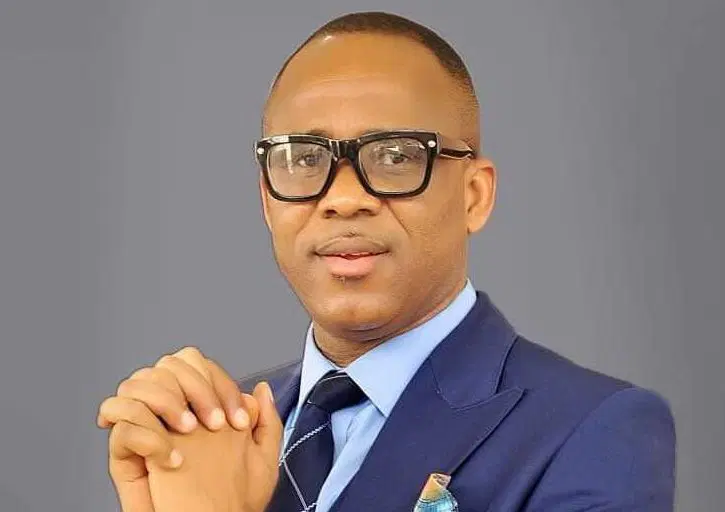Bishop Isaac Idahosa, the 2023 Vice-Presidential candidate of the New Nigeria People’s Party (NNPP), has called on the Independent National Electoral Commission (INEC) to conduct presidential, senatorial, and gubernatorial elections on the same day.
Idahosa who made this remark on Wednesday on Channels Television’s The Morning Brief said he believes this approach will reduce costs and prevent undue influences on subsequent polls, emphasising the need for a standardized electoral process.
“I would like to suggest that all elections be conducted on the same day. That will help curb a lot of issues—presidential, senatorial, gubernatorial, all on the same day.
READ ALSO:
“It will cut costs and produce the desired results. But when elections are spread over one or two weeks after the presidential poll, a lot can happen—a bandwagon effect can take place,” he said.
Idahosa, a close ally of NNPP’s 2023 presidential candidate, Rabiu Kwankwaso, also stressed the need for penalties against INEC and public officials over electoral failures.
“We don’t punish anyone for wrongdoing; there are no consequences, so they keep repeating the same actions,” he stated.
“INEC makes mistakes, yet no one holds them accountable, and then the same mistakes happen again.
“Once there are no consequences for actions or inactions, the cycle continues because there is no accountability.”
In the 2023 general elections, INEC introduced the Bimodal Voter Accreditation System (BVAS) and its Result Viewing Portal (IReV) to enhance transparency.
However, many politicians criticized these technologies for alleged inefficiencies, while INEC attributed their shortcomings to technical glitches.
Idahosa and his principal, Kwankwaso, secured 1,496,687 votes, finishing fourth behind: Bola Tinubu (APC) – 8,794,726 votes, Atiku Abubakar (PDP) – 6,984,520 votes and Peter Obi (LP) – 6,101,533 votes
Although the election results faced legal challenges, the Supreme Court ruled that the failure to upload results on IReV was not sufficient grounds to annul the election.
Idahosa also decried the growing influence of money in Nigerian politics, arguing that individuals have become more powerful than government institutions, undermining governance.
“Money politics has taken over the system,” he lamented.
His remarks add to the ongoing debate about electoral reforms in Nigeria, with calls for improved transparency, accountability, and cost-efficient election processes.















